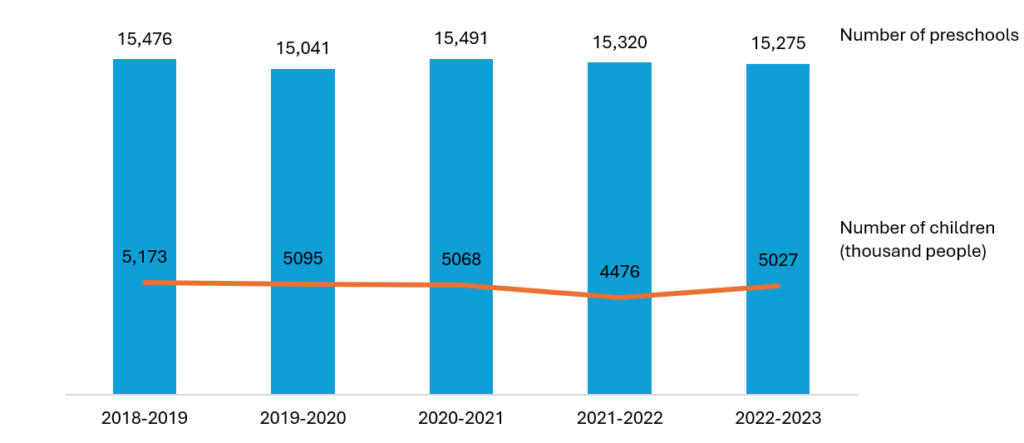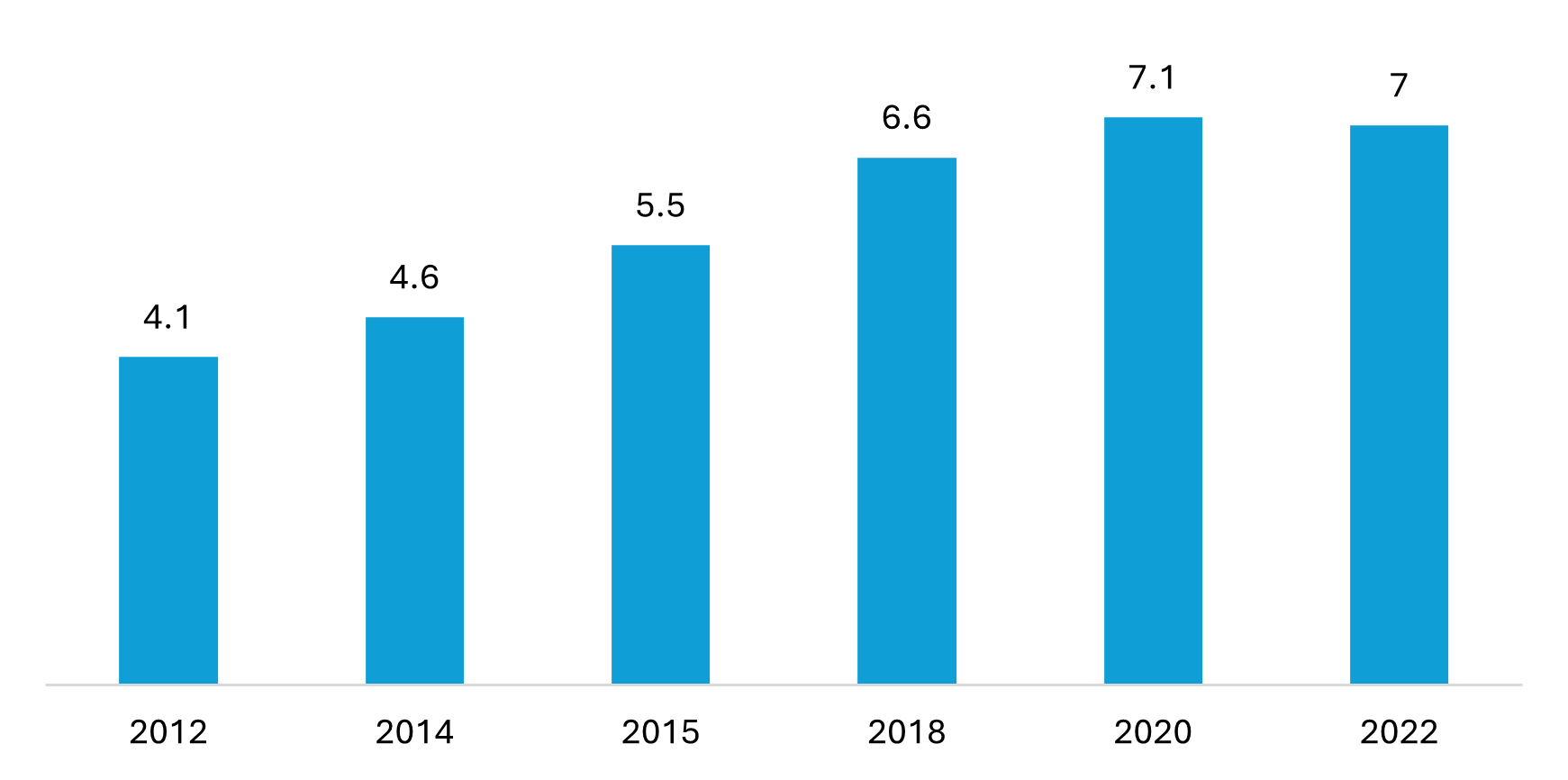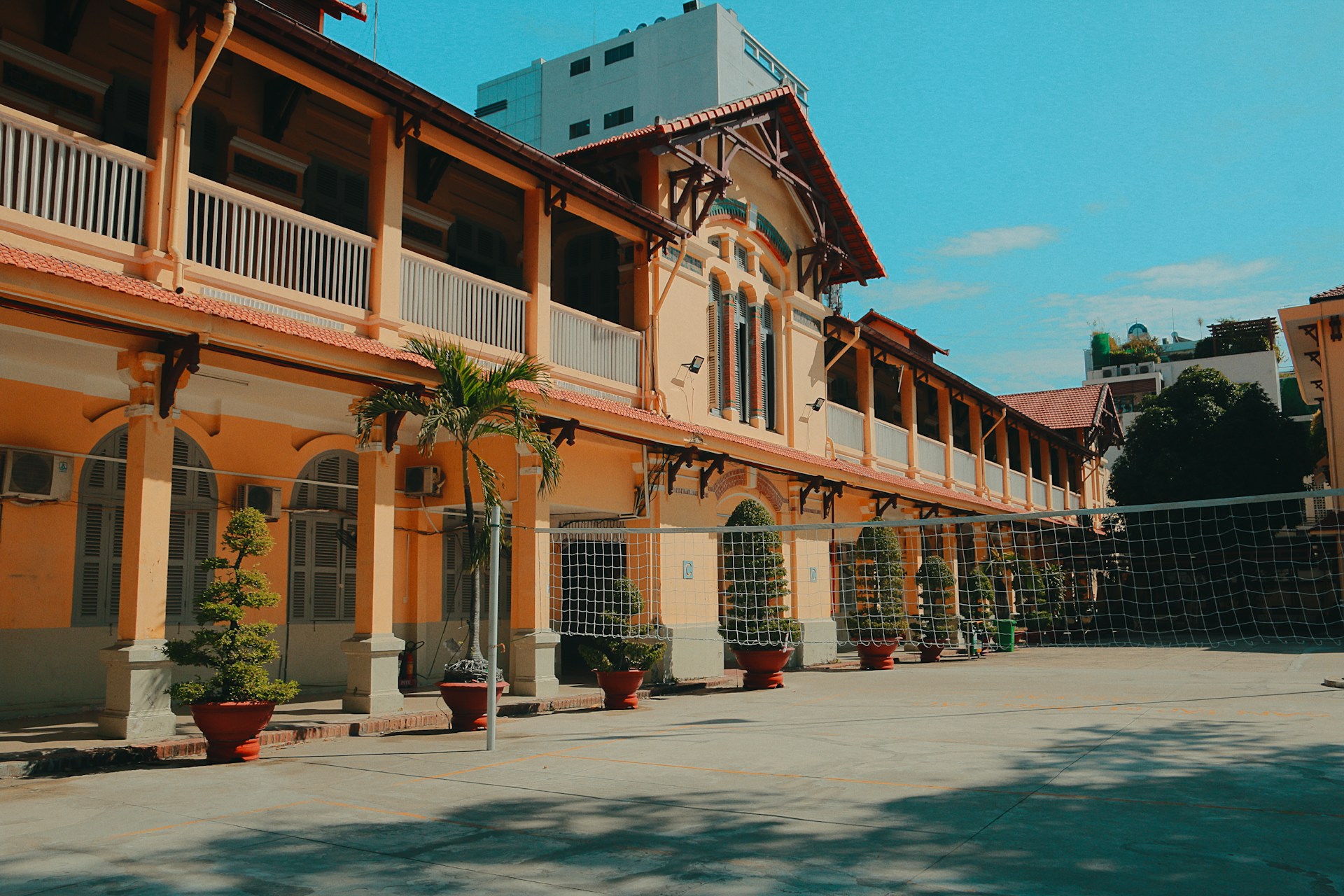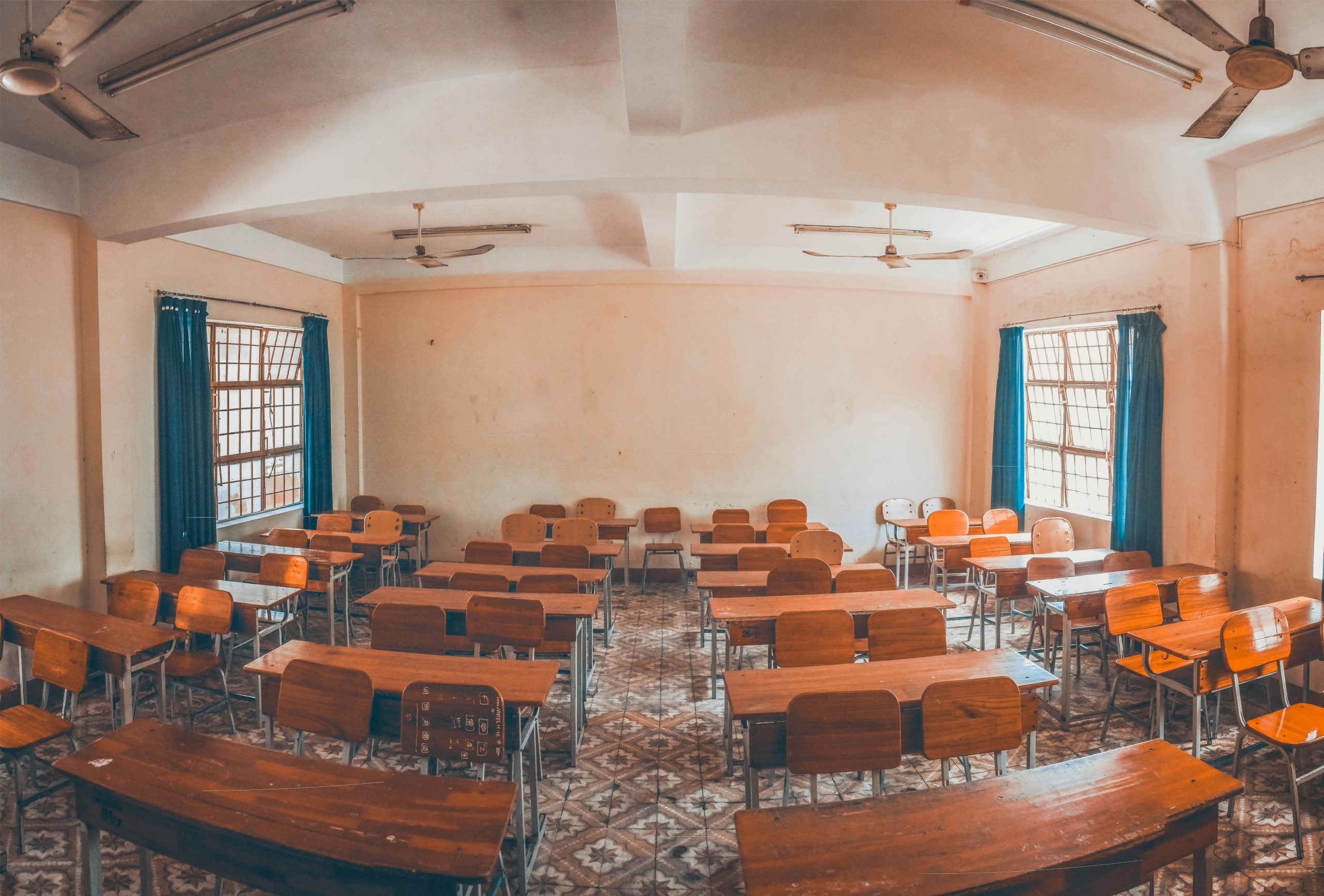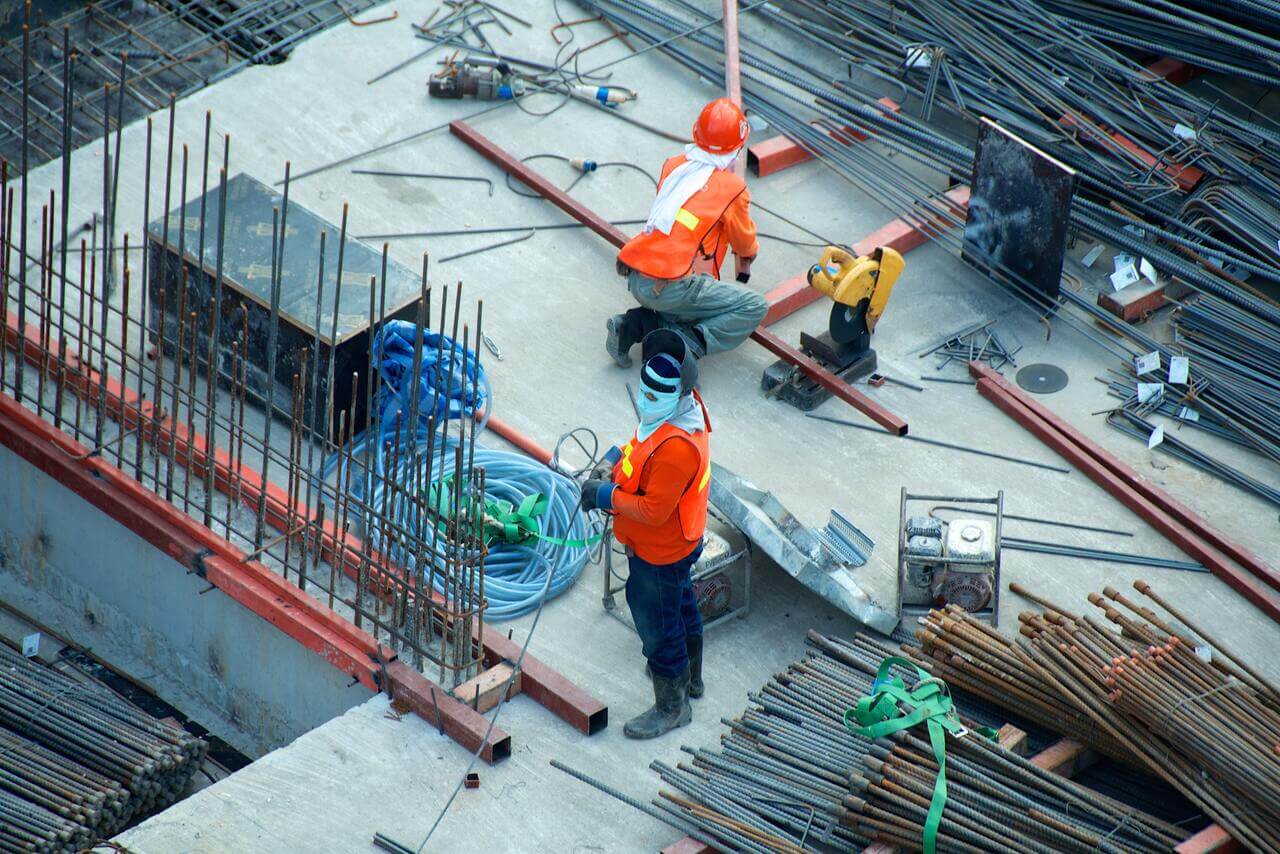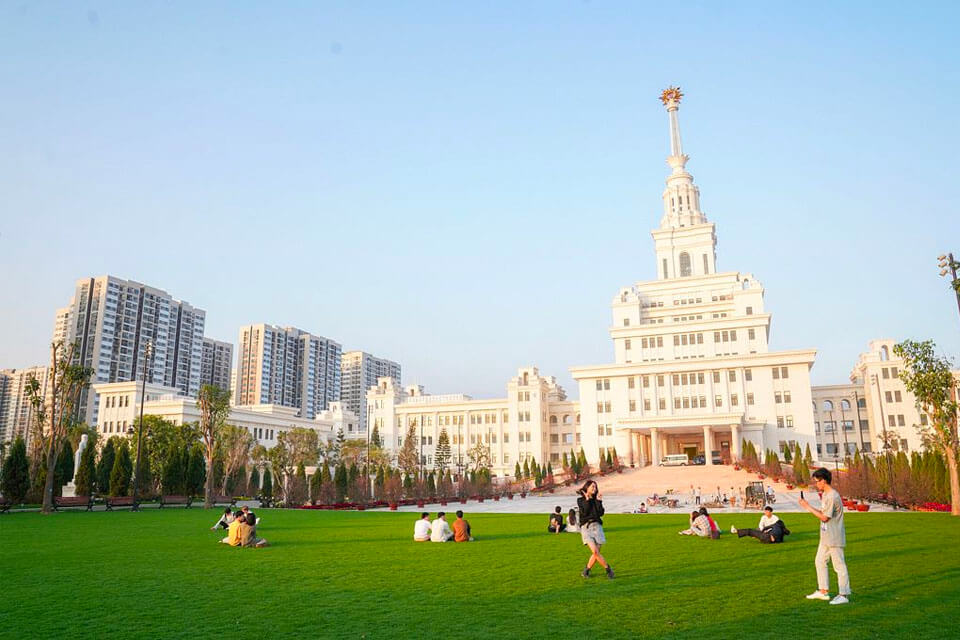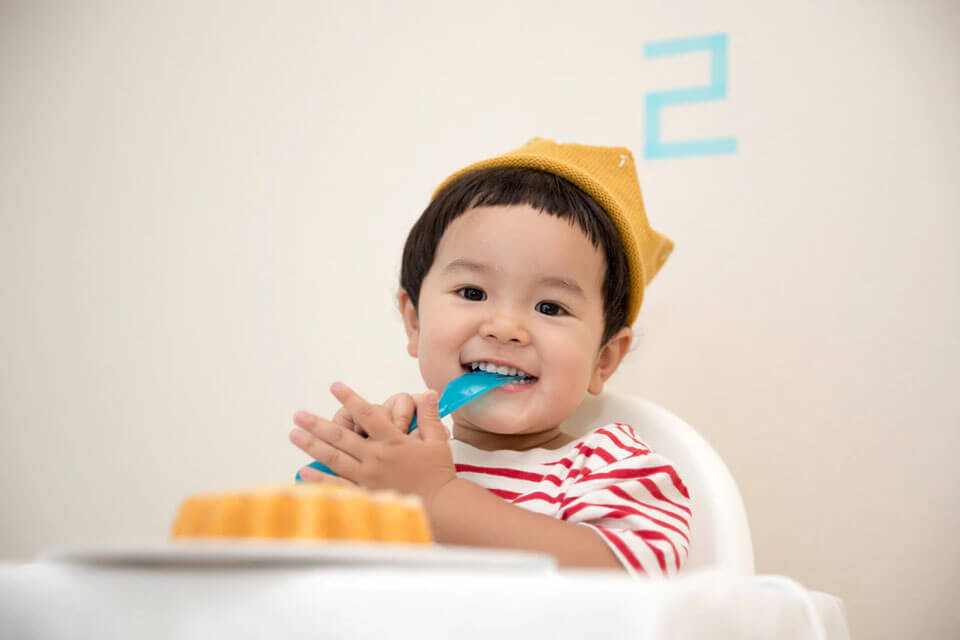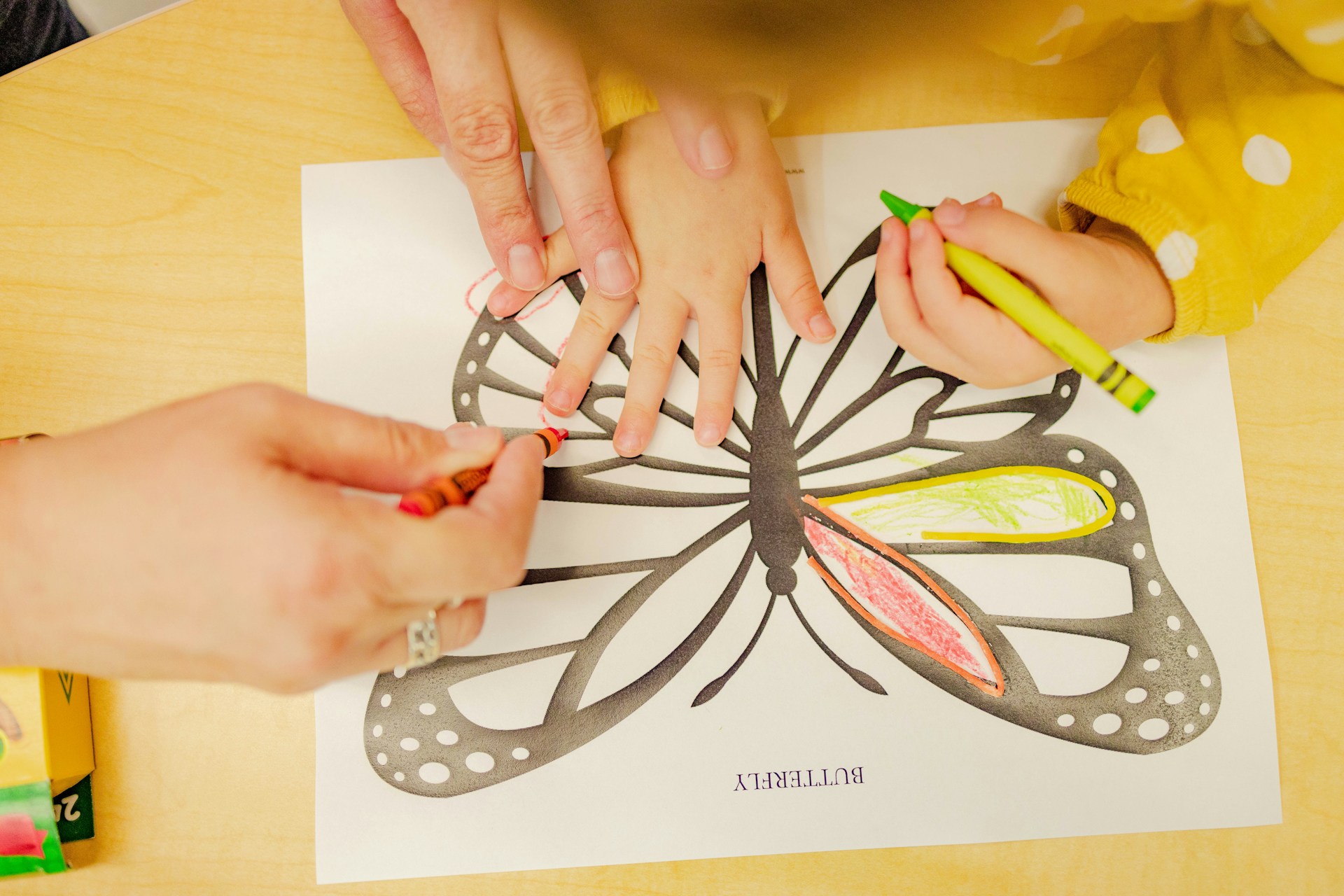
10Jul2025
Latest News & Report / Vietnam Briefing
Comments: No Comments.
With a growing demographic base and rising average income, the preschool education market in Vietnam is showing strong appeal. Parents’ expectations have shifted from mere “childcare” to “comprehensive education,” which has created favorable conditions for international programs to develop and attract substantial investment, as demonstrated by active mergers and acquisitions (M&A) deals.
Market Demand: Strong Foundation from Demographics and Parental Spending Power
Recent data shows a large and continuously expanding market for the Vietnam Preschools market
– Student Population: Nearly 5 million children are enrolled in preschool education (including nurseries and kindergartens) for the 2023-2024 school year. This large young population generates stable and fundamental demand for preschool services.
– Educational Institutions: There are approximately 15,275 preschool institutions nationwide, including about 3,163 non-public schools (about 20%). The strong growth of private institutions indicates a shift and a large demand from parents willing to pay for higher quality, especially in urban areas where public systems are overloaded.
Number of Preschools and Preschool-Aged Children in Vietnam
Source: Ministry of Education and Training
Surveys on the living standards by the General Statistics Office (GSO) show that education consistently ranks among the highest household expenditures, particularly in urban areas. The enormous demand from the population size, supported by effective universal education policies and parents’ willingness to spend, has created a promising preschool education market.
Average household education expenditure in Vietnam (Million VND)
Source: Vietnam General Statistics Office
Comparison of Popular International Education Programs in Vietnam
The core differences between international education methods lie in the philosophy regarding the roles of children, teachers, and the learning environment. Below are some of the popular programs:
International education program for Preschool in Vietnam
| Criteria | Montessori | Reggio Emilia | STEAM |
| Core Philosophy | Absolute respect for children’s freedom and individual potential. Children are seen as creators of their own knowledge. | Children are researchers, capable and curious. The environment around them acts as “the third teacher.” | Interdisciplinary integration to solve problems. Equipping children with skills and thinking to adapt to the future technological world. |
| Role of Teacher | Observes, prepares the environment, and intervenes only when necessary. Does not impose knowledge. | Learns and explores with children. Record children’s learning processes to understand and encourage them. | Poses challenges, open-ended questions, and provides resources for children to find solutions themselves. |
| Environment & Materials | Scientifically designed Montessori tools with clear objectives are organized neatly for children to use independently. | Uses recycled and natural materials. | Offers tools and materials ranging from simple (paper, scissors) to complex (circuits, robots) for children to practice and experiment. |
| Approach | Personalized learning. Children choose activities freely and work at their own pace. Classes mix age groups so older children can help younger ones. | Project-based learning. Long-term projects arise from children’s curiosity. | Problem-based learning. Children work in teams to solve real-world problems. |
| Output Goals | Independent, disciplined, confident children with the ability to concentrate deeply and love learning. | Creative, imaginative children with skills in collaboration, communication, and flexible problem-solving. | Children with critical thinking, logic, teamwork skills, and a strong foundation in science and technology. |
| Example schools | Sakura Montessori International School, Vietnam Montessori International School (VMIS) | Aurora International School of the Arts, WonderKids Montessori Preschool | Sunshine Maple Bear Preschool |
Source: B&Company compilation
M&A Wave: Large Capital Flowing into the Market
Foreign investors are increasingly targeting not just individual preschools, but also chains or systems with expansion potential, or K-12 education groups that already have a preschool component. The preschool segment, especially those offering international education methods like Montessori, Reggio Emilia, STEAM, and bilingual programs, is particularly attractive to foreign capital, driven by strong demand from the middle class in major cities across Vietnam. Investment strategies are diverse, ranging from M&A (complete or majority stake acquisitions) to strategic investments, such as Private Equity, aimed at co-developing the brand.
M&A deals in Preschool in Vietnam
| Deal Name | Date | Preschool Explanation |
| Nutifood – Anne Hill International School | August 2024 | Nutifood invests in Anne Hill, an international system with a Preschool program (18 months–5 years), expanding its network of early education combined with nutrition and education. |
| Excelsior Capital (HK) – Kapla Education | April 2024 | An international private equity fund invests in Kapla Education, which includes early and bilingual education centers for children aged 3–11, with a strategic focus on preschools. |
Source: B&Company compilation
Conclusion and Prospects
The Vietnamese preschool education market is currently in a golden development phase. The combination of significant social demand, parental willingness to spend, and the diversity of international programs creates an extremely attractive investment environment. Brands that can harmonize excellent international education programs with professional operations and an understanding of local culture will lead and shape the future of preschool education in Vietnam.
* If you wish to quote any information from this article, please kindly cite the source along with the link to the original article to respect copyright.
| B&Company
The first Japanese company specializing in market research in Vietnam since 2008. We provide a wide range of services including industry reports, industry interviews, consumer surveys, business matching. Additionally, we have recently developed a database of over 900,000 companies in Vietnam, which can be used to search for partners and analyze the market. Please do not hesitate to contact us if you have any queries. info@b-company.jp + (84) 28 3910 3913 |
